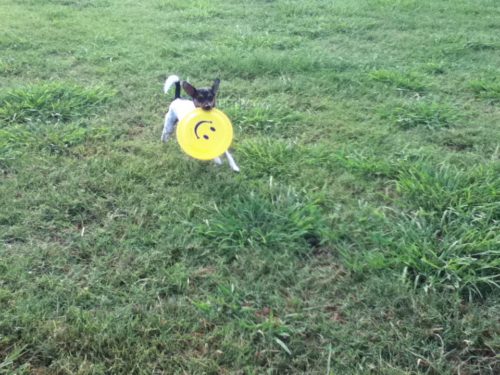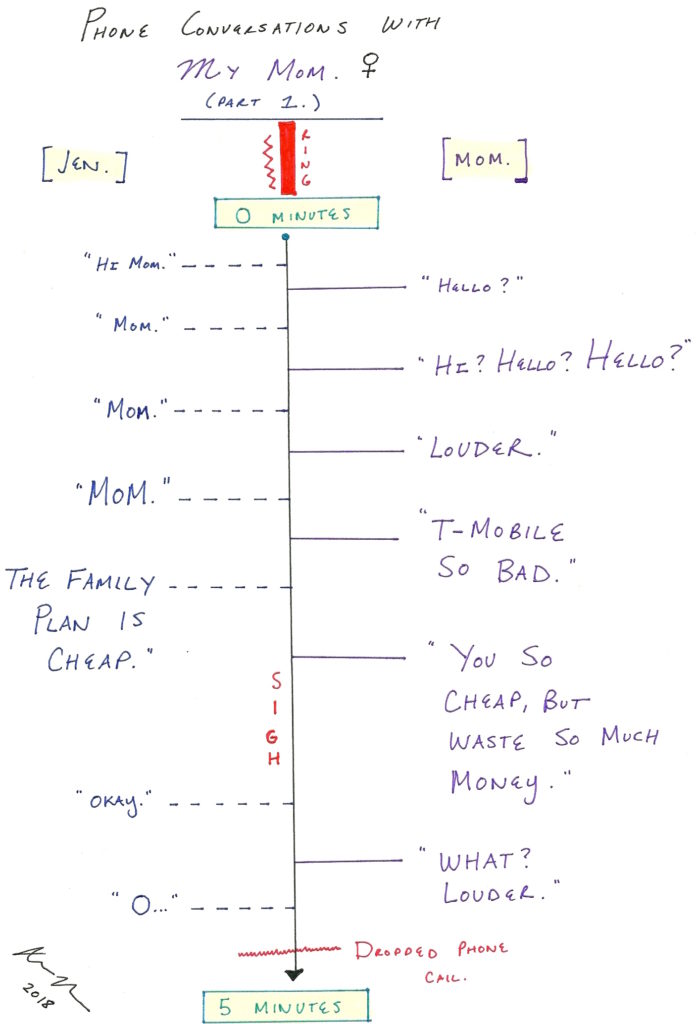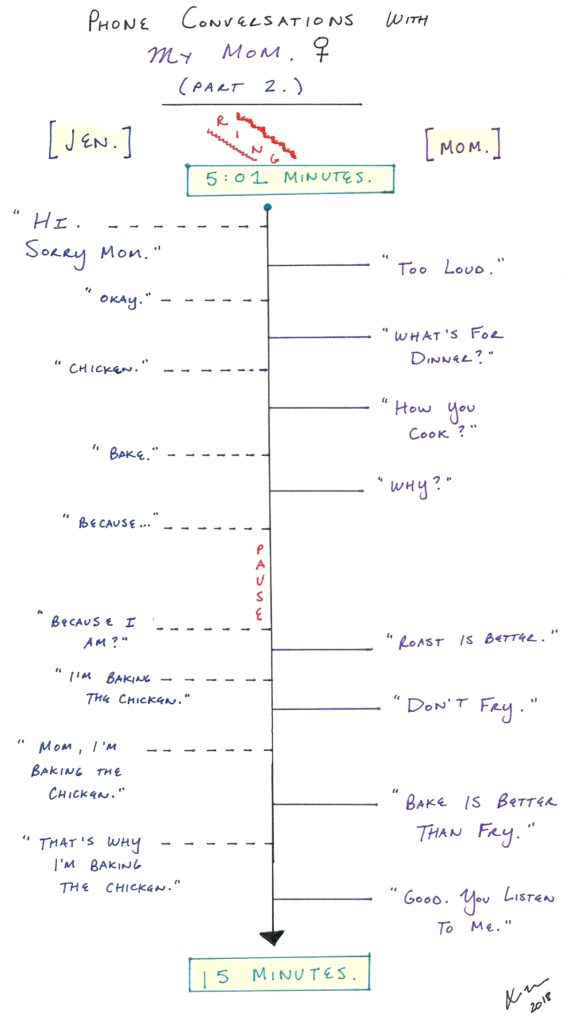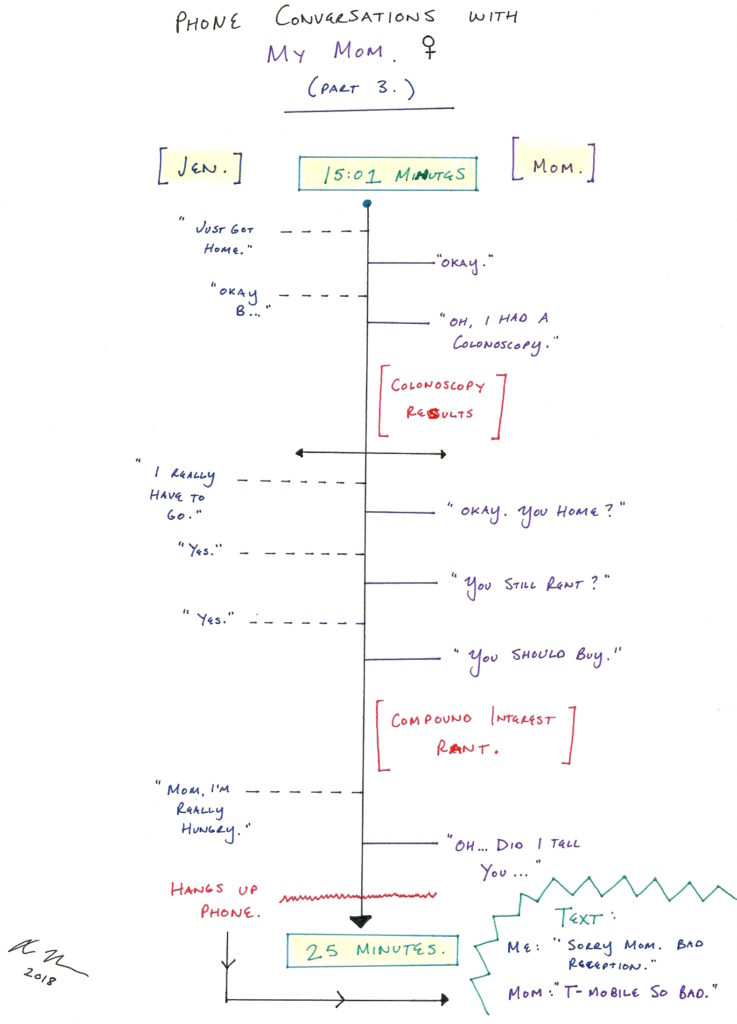This past weekend, my collegiate class – the Georgetown Class of 2009 – returned to campus for our 10 year reunion. Although I did not endure the cross-country flight to formally attend, I immersed myself in the experience online via social media and in my own cringe-crusted memories and nostalgia.
I am alarmed by how quickly 10 years can pass. The decade felt so short, but also long enough to have created something of meaning and significance. In this “longest-shortest” time frame, I often oscillate between feeling excited about how far I come and disappointed that I haven’t come far enough. I am both proud of the life I have cultivated in 10 years, but also caught in moments where I feel that I didn’t live up to the time I was given.
On the night before I graduation, I got into a taxi cab (yes, I’m that old) where the driver asked me how my night was. I had just treated my family to a dinner that I was able to pay for. I finished a writing project I was incredibly proud of and felt so much possibility in my creative career. I was going to move to San Francisco. I felt absolutely luminous.
It is now 2019 and I wouldn’t say “luminous” is how I feel. In 10 years, I’ve learned to add qualifiers to my twentysomething qualities – I am “cautiously” hopeful, “strategically” generous with my time, and a “part-time” writer.
A lot can happen in 10 years and so can very little. My main reflection this past weekend was whether I still feel as idealistic at 32 as I did when I was 22 – was that 10 years enough to chip away at my once impenetrably hopeful disposition?
Here’s the product of my reflection – a chart of my last 10 years measuring units of idealism versus time:
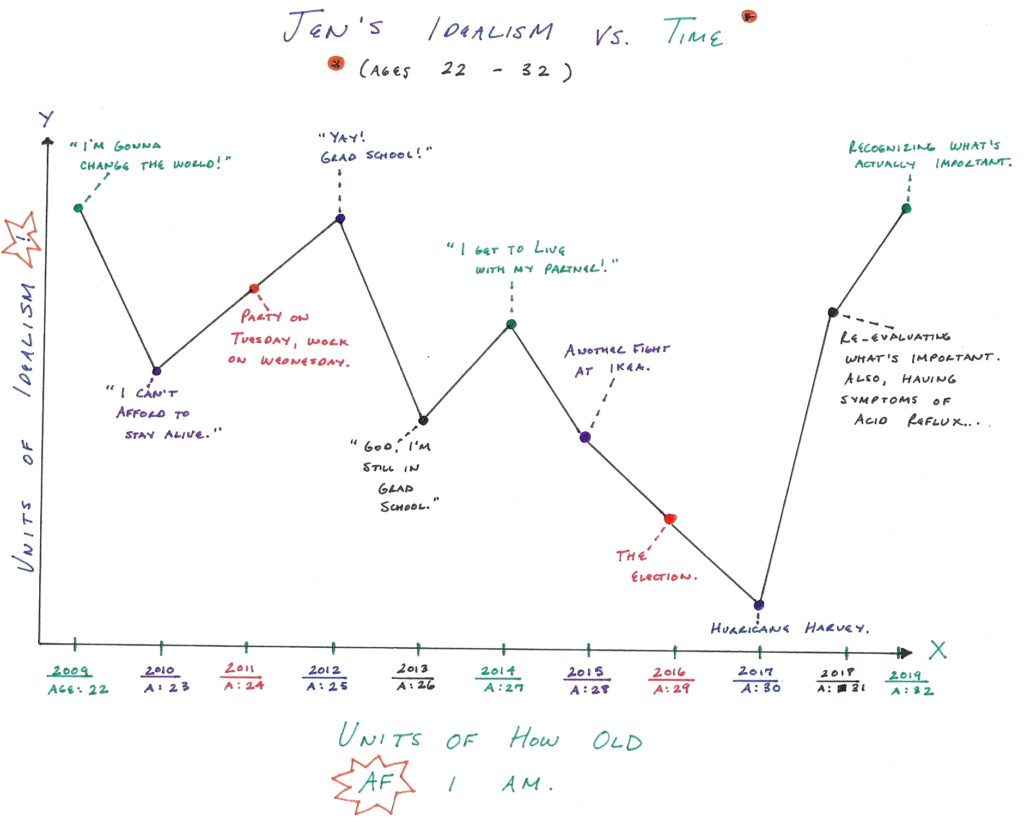
—
- 2009 / Age 22: “I’m gonna change the world!”
- 2010 / Age 23: “I can’t afford to stay alive.”
- 2011 / Age 24: Party on Tuesday, work on Wednesday.
- 2012 / Age 25: “Yay! Grad school!”
- 2013 / Age 26: “God, I’m still in grad school.”
- 2014 / Age 27: “I get to live with my partner!”
- 2015 / Age 28: Another fight at Ikea.
- 2016 / Age 29: The Election.
- 2017 / Age 30: Hurricane Harvey.
- 2018 / Age 31: Re-evaluating what’s important. Also, having symptoms of acid reflux…
- 2019 / Age 32: Recognizing what’s actually important.
